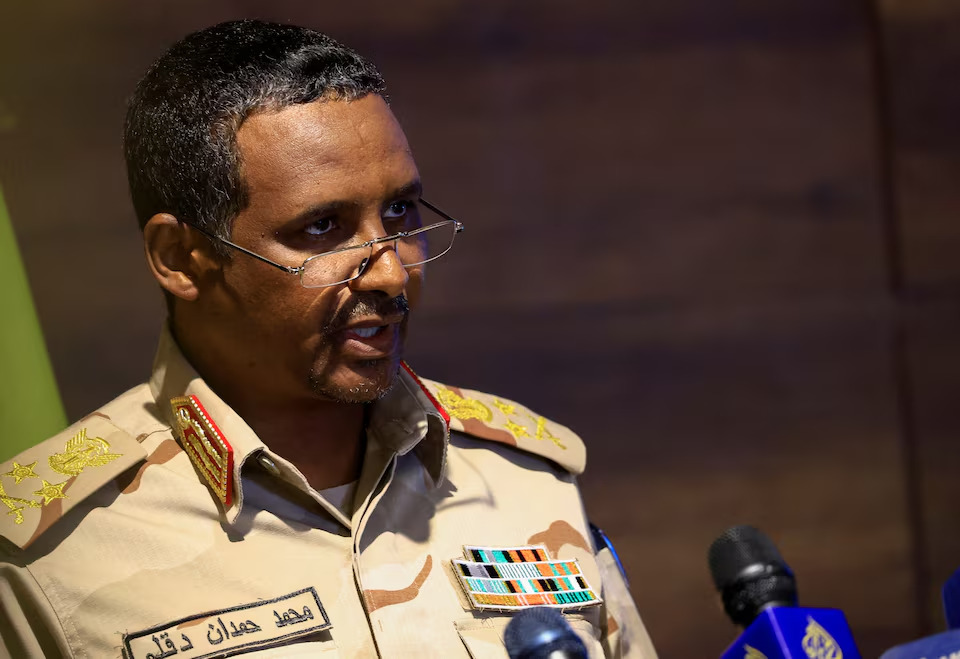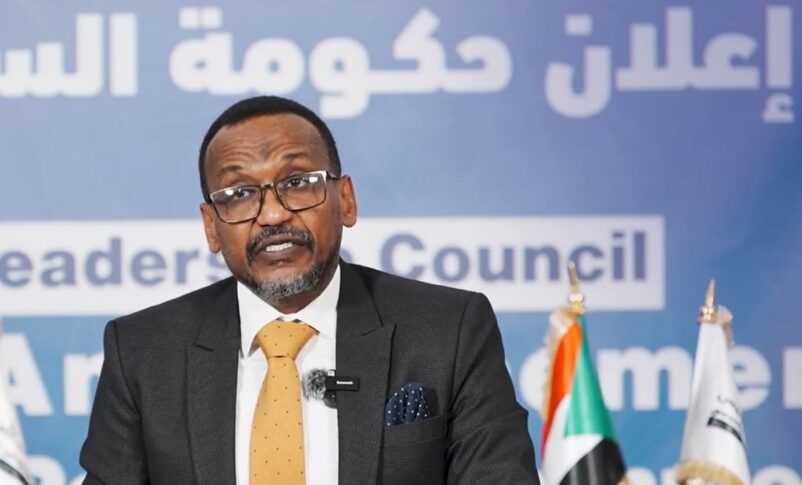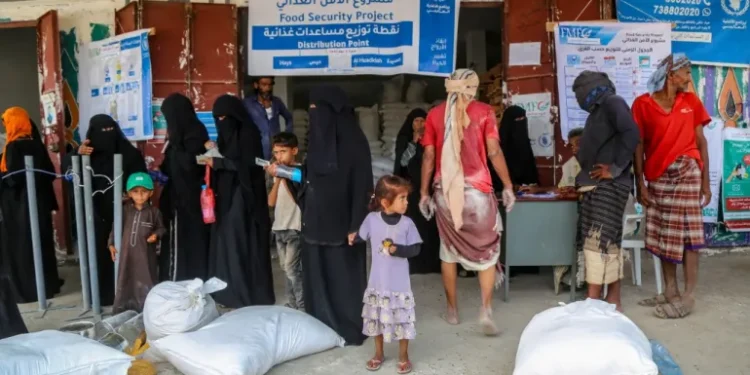Major Sudanese political parties on Monday denounced the formation of a rival government by allies of the paramilitary Rapid Support Forces (RSF), warning that the development could push Sudan further toward partition amid a devastating civil war.
The sharp rebuke came after the “Tasies” coalition, a political alliance aligned with the RSF, unveiled a new administration based in territories under RSF control. The group named RSF commander Mohamed Hamdan Dagalo to head a 15-member presidential council and appointed Mohamed Hassan al-Taishi as prime minister.
“We reject any government, whether it’s a civilian cover for the RSF militia or the army’s government…in Port Sudan,” said Kamal Karrar, a senior figure within Sudan’s Communist Party. He added that the RSF sought “a political cover” to strengthen its negotiating position ahead of scheduled talks in Washington. Those negotiations are expected to bring together the United States, Saudi Arabia, Egypt, and the UAE to deliberate on Sudan’s protracted crisis.
The announcement triggered alarm across Sudan’s political landscape. Sharif Mohamed Osman of the Sudanese Congress Party accused the architects of the conflict of “deliberately deepening these threats,” and characterized the competing governments as a “race for counter-legitimacy, fueled by internal and external agendas.”
Existential Crisis For War-Torn Sudan
Adel Khalafallah, spokesperson for the Arab Ba’ath Socialist Party, described the formation of a parallel government as a “political counter-escalation” meant to drag the war out indefinitely. He criticized both the army and RSF-aligned authorities, declaring that neither deserved legitimacy, and that both had betrayed Sudan’s democratic aspirations.
Babiker Faisal, head of the Unionist Gathering’s executive office, warned in a Facebook post that the country was facing an “existential threat.” “With the Tasies coalition’s announcement…the country now has two governments for the first time in its modern history,” he wrote, asserting that Sudan has not had a legitimate administration since the October 2021 military coup.
The Sudan People’s Liberation Movement – Democratic Revolutionary Current also voiced concerns. Its spokesperson, Nizar Youssef, called on the global community to avoid legitimizing either side. “We appeal to the regional and international communities not to recognize the de facto authorities, meaning, the two war governments,” Youssef urged.
Alaa al-Din Naqd announced the new RSF-led administration from Nyala, a city under RSF and Janjaweed control in Darfur. Al-Taishi, who previously served on Sudan’s post-2019 transitional council, was named as the government’s new prime minister. Rebel leader Abdelaziz al-Hilu, commander of the SPLM-N in southern Kordofan, was appointed deputy to Dagalo.

Their appointments stem from a political charter signed in February in Nairobi by the RSF and allied groups, aiming to establish a parallel power structure in RSF-controlled zones. At the time, countries including the U.S. condemned the initiative and dismissed the proposed “transitional constitution” as illegitimate.
The internationally recognized government in Khartoum also issued a strong rebuttal, branding the new government a “fake government” and warning foreign powers against engaging with it.
Dagalo, widely known as Hemedti, remains under sanction imposed by the Biden administration. U.S. officials have accused his forces of genocide and other grave crimes. The RSF has denied such allegations.
Al-Hilu’s inclusion as Dagalo’s deputy is significant. His SPLM-N faction, a splinter group from the ruling party of South Sudan, wields influence in parts of southern Sudan and had long operated independently from the RSF or the Sudanese Armed Forces.
The establishment of two rival governments threatens to cement a national divide reminiscent of Libya’s fragmented political situation. Yasir Arman, a prominent Sudanese rebel figure, warned that the latest developments “are likely to prolong the conflict and divide Sudan between two rival administrations.”
READ ALSO: NACOC Declares War on Illicit Drugs























